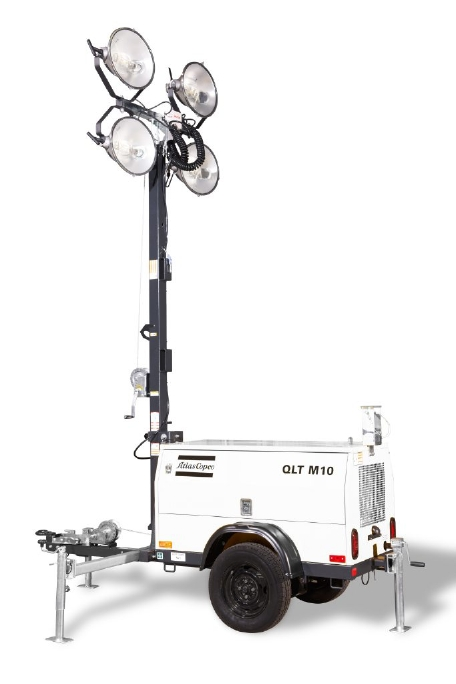EmmanuelTop
Chemical
I'm looking to provide backup power supply. There's a lot of backup diesel generators out there in the market, ranging from 2 kVA to over 2,000 kVA.
How to pick up the right one? The electrical appliances in the cabin are: one refrigerator, one freezer, one A/C, one cooking machine, one bathroom boiler, a TV-set, and a few light bulbs (altogether a few kVA's maximum). I suppose there are some tips & tricks on how to select the right size/rating for the generator. Can experienced folks provide some guidance? I don't have any experience with generators so far and any help is very much appreciated.
Thank you in advance.
Dejan IVANOVIC
Process Engineer, MSChE
How to pick up the right one? The electrical appliances in the cabin are: one refrigerator, one freezer, one A/C, one cooking machine, one bathroom boiler, a TV-set, and a few light bulbs (altogether a few kVA's maximum). I suppose there are some tips & tricks on how to select the right size/rating for the generator. Can experienced folks provide some guidance? I don't have any experience with generators so far and any help is very much appreciated.
Thank you in advance.
Dejan IVANOVIC
Process Engineer, MSChE

